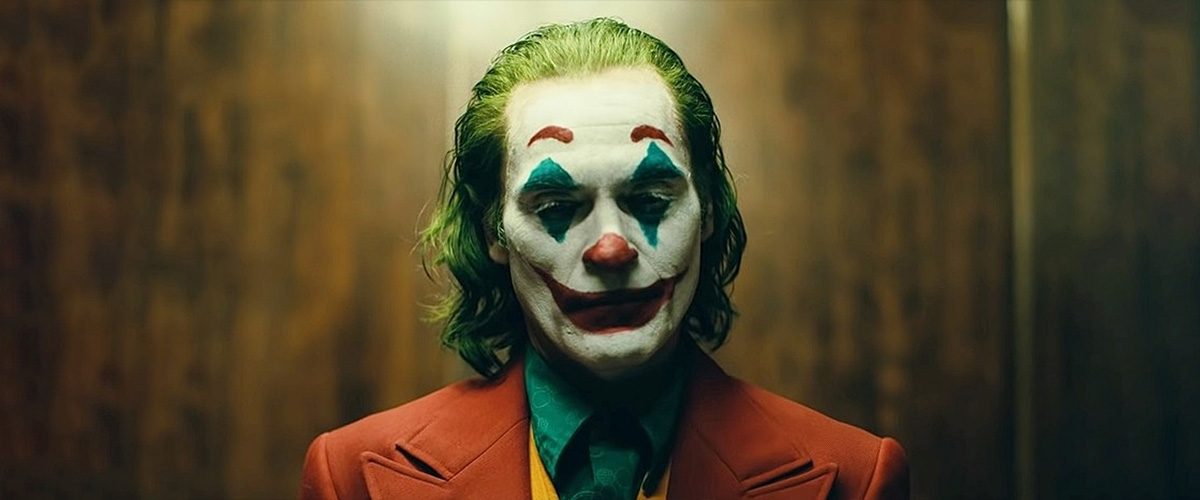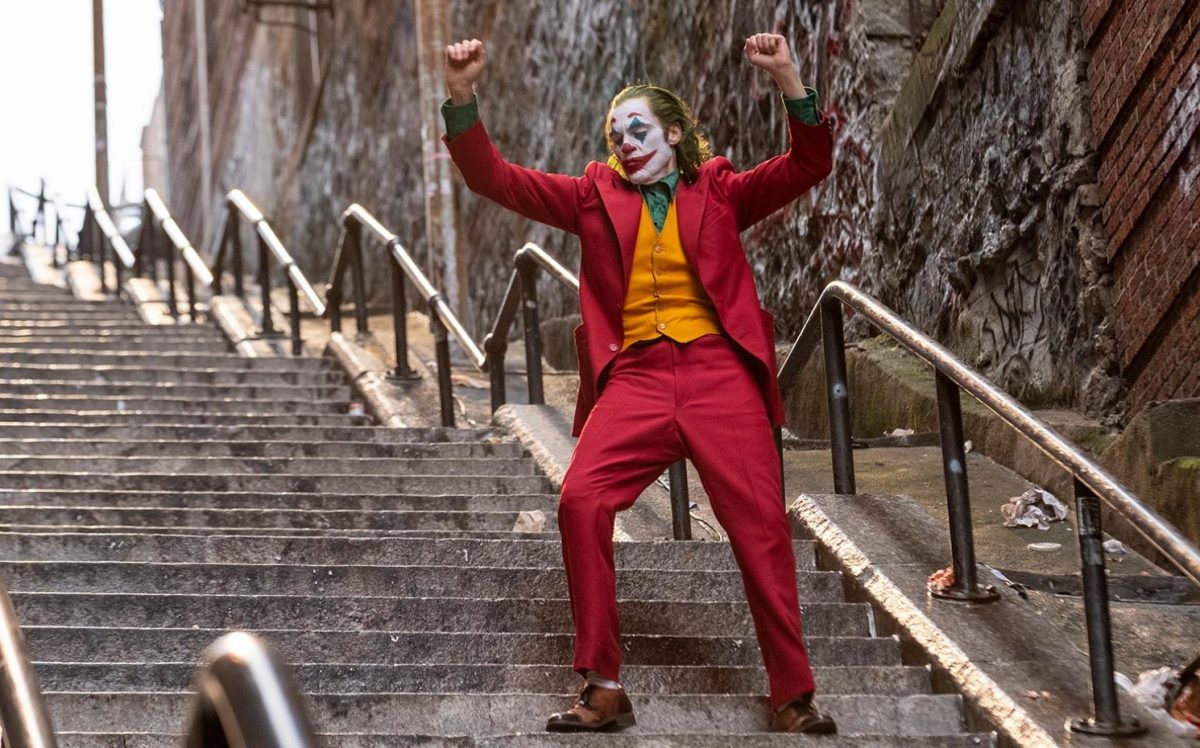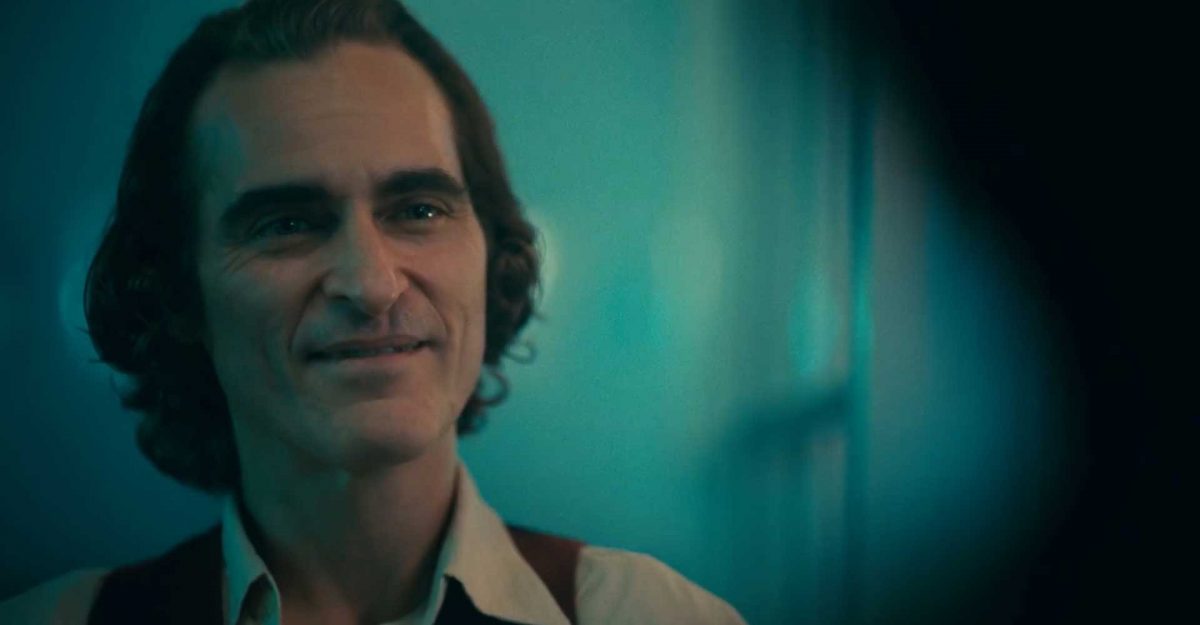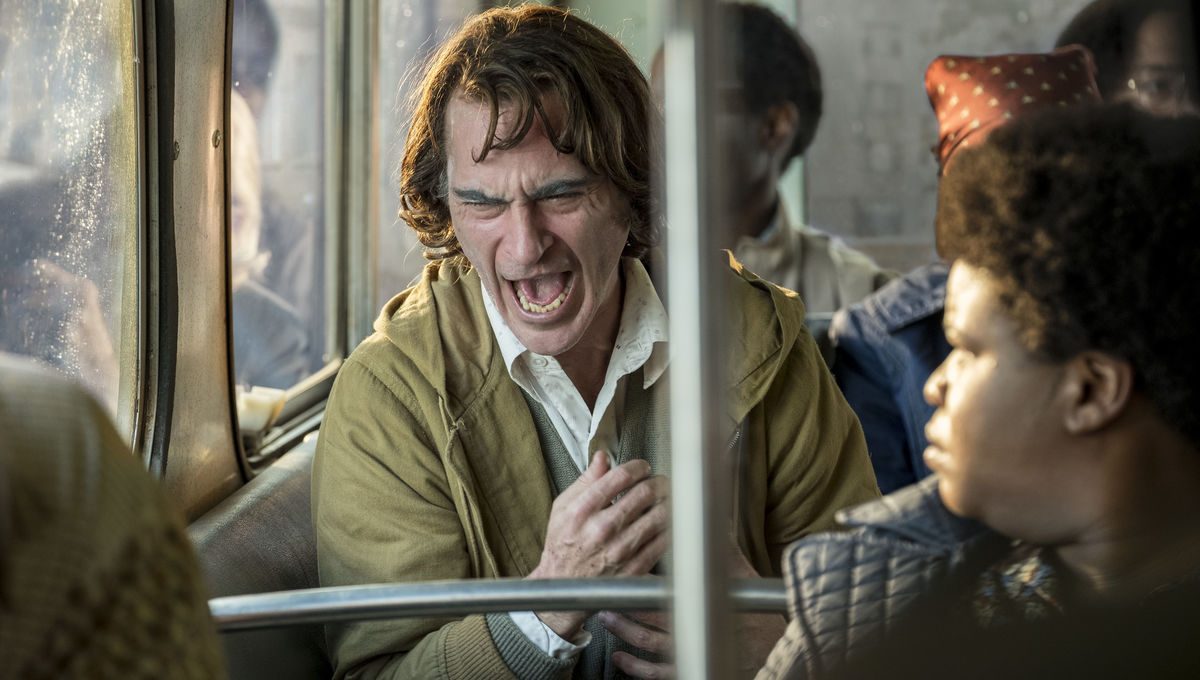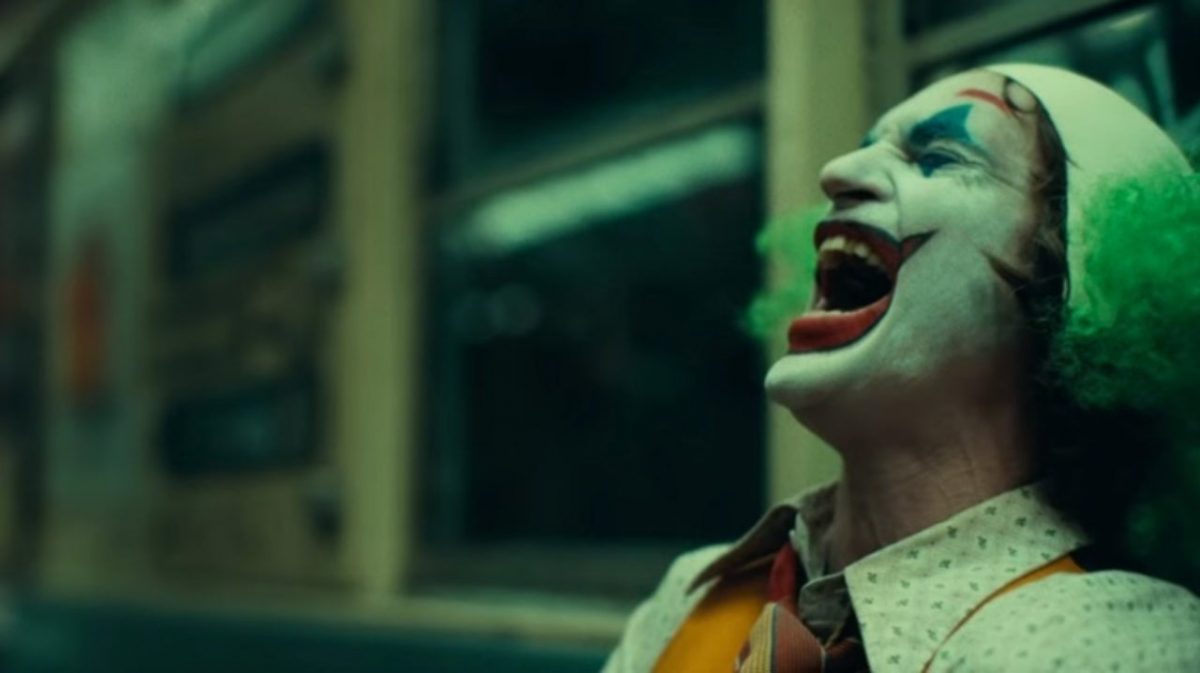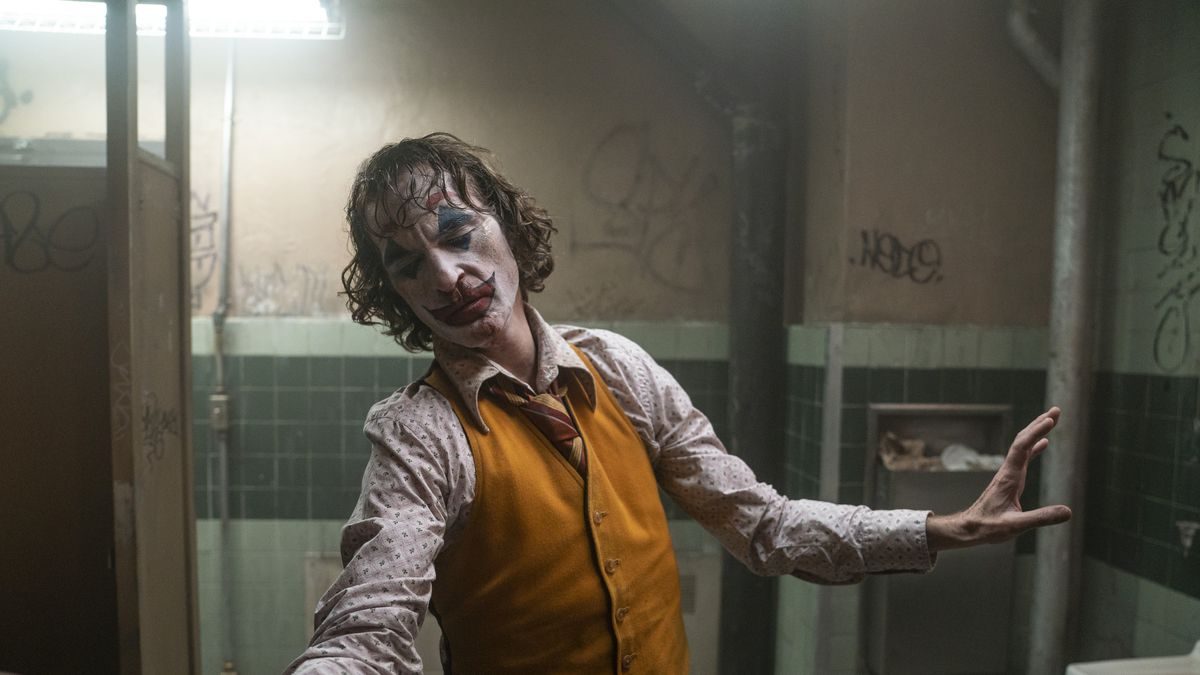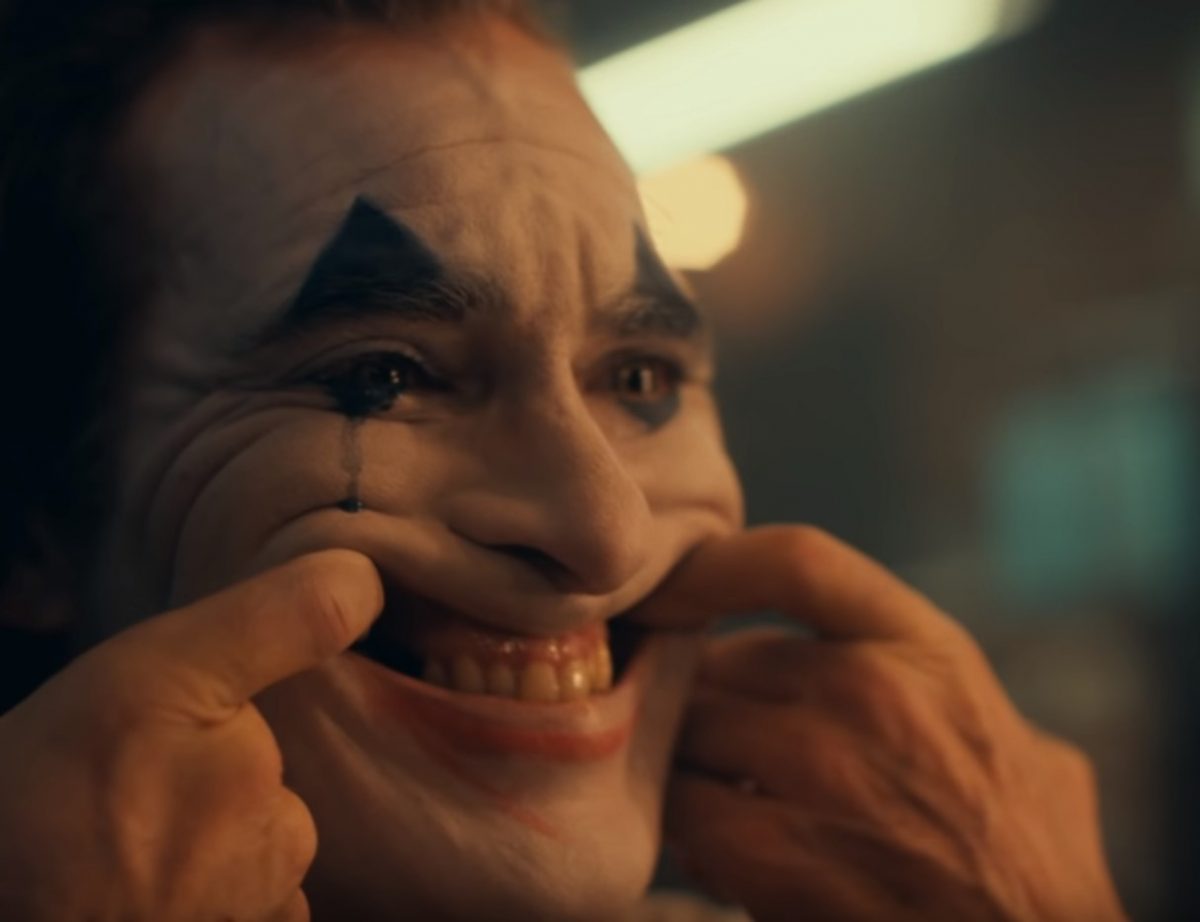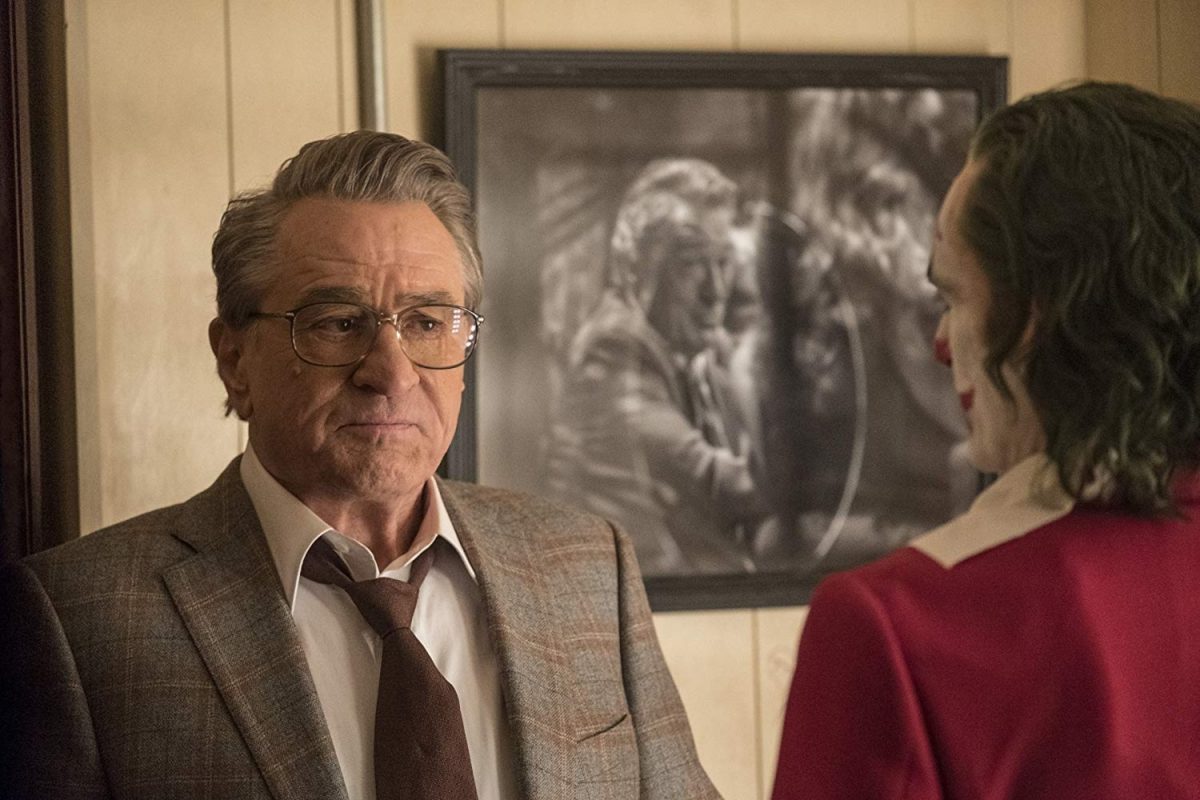The Clown Prince of Crime. The Crown Prince of Crime. The Ace of Knaves. The Harlequin of Hate. These are the typical monikers one might hear with regards to the iconic villain many know as the Joker, and nothing more.
Not Joe Kerr. Or Jack Napier. Or Red Hood.
However, the new solo film starring Joaquin Phoenix (The Gladiator, Her) puts an entirely new spin on the Joker mythos and makes a cliche villain’s origin story into its own. And instead of labelling the DC Comics icon as such, director Todd Philips takes the path less travelled, stripping away all the makeup, panache, flashy outfits (but keeping all that laughter on), and simply dubs him Arthur Fleck.
From then on, many who are familiar with the source material are highly encouraged to take what they know, and set it aside. Just know that this story is not just an origin story on the person who would eventually go on to become Batman’s equal (heck, it’s not even a typical Hollywood superhero story), but more on a commentary on society as a whole when in the face of mental illness and social and financial inequality. The core question of this film is, then, not how the Joker came to be, but rather, why the Joker came to be. And what it aims to present to the audience, it presents almost flawlessly.
Hailing from the bowels of Gotham City’s lower-class, Arthur Fleck struggles to maintain a stable job as a party clown, whilst aiming to achieve his lifelong dream of being a successful stand-up comedian. However, his main obstacle to success is the fact that he suffers from a chronic laughing condition that sets off erratically, often at the worst of times, getting him into unwarranted trouble as a result.
It is during the parts where Arthur’s condition kicks in when you sometimes want to laugh, just because he’s laughing so hard, but then you catch yourself feeling uneasy about laughing, because the next moment his eyes reflect utter agony that you just find yourself laughing at him, not with him.
Pulling this off in acting is deathly difficult, but Joaquin Phoenix somehow manages to do so with such finesse. His two-pronged approach at portraying Arthur’s condition is masterfully done, with his body and line delivery contradicting hugely with the way his eyes convey emotion puts us in the uncomfortable spot of wanting to sympathise with his state of mind, as opposed to laughing at a typical comedy. Pair that with Arthur’s inability to grasp the true punchline of the joke, and you have a recipe for melancholic goodness.
Every scene with Phoenix is engaging, even if he takes you to an emotionally uncomfortable place, because it forces you to think introspectively and reflect on how one should view the “other”. And with an actor as skilled as Phoenix, you’d no sooner gladly want to put yourself through that emotional roller-coaster in Joker.
However, a good character study isn’t as such without its plot. Throughout Joker’s two-hour run, never did any one scene feel flat. Arthur Fleck’s gradual metamorphosis into the Joker is laid out plainly for us all to see at the beginning, but how he gets there is the clincher. Every beat is dedicated to making you want to know more, and that is all thanks to Todd Philips’ superb understanding of how unveiling a character arc should be.
It’s funny how Philips’ portfolio before this film includes the likes of The Hangover and Due Date, and that arguably his most compelling work is that of a tragic character study involving a comedian. But that just goes to show how well-versed he is on the subject matter.
In particular, his interpretation of psychosis is a culmination of a masterful triumvirate of cinematography, editing and sound design. Firstly, the cinematography utilises a good mix of wide shots that show empty spaces, and floaty close-ups that depict Arthur’s mental or emotional instability. The split-second-perfect editing really gets you into Arthur’s skin, as it juxtaposes his dreamlike personal desires with the gritty reality of his despair. The sound design, then, puts you into his head, as he imagines the glitz and glamour of being a successful comedian in downtown Gotham, with classic show tunes from the ‘30s, ‘40s and ‘50s playing as Arthur dances to them absent-mindedly. Not a single second is wasted trying to give you the information you need as you watch Arthur eventually embrace his “true self” and become the Joker.
Philips’ work clearly is influenced by Martin Scorcese’s Taxi Driver, especially with the heavy use of the elements such as rain against the backdrop of the dark Gotham City (a la New York City), which also adds to the weight of Fleck’s emotional and mental state. Additionally, Arthur’s persona alludes to the works and character of Charlie Chaplin, whose films are nicely paid homage to as well. Everything is dedicated to supporting Phoenix’s performance, and Philips is fully aware of that, to a T.
While Phoenix is the heart and Philips is the soul of Joker, the small but strong supporting cast cannot be overlooked as well. Robert De Niro (Taxi Driver… interestingly) puts on a decent show as star comedian and talk show host Murray Franklin, whose charisma and natural charm is a perfect foil to Arthur Fleck, who is typically off-centre and situationally charming. Frances Conroy (The Aviator) is slightly underrated as Arthur’s mother Penny, whose narcissism and delusional behaviour help put into perspective Arthur’s daily struggles as the de facto man of the house. Brett Cullen (The Dark Knight, True Detective) as Thomas Wayne sheds new light onto the oft-extolled father of Batman, coming off as obnoxious and self-righteous upper-class elite Gothamite – another perfect foil to Arthur.
If there was any flaw to this film, it would be that there wasn’t a supporting character that genuinely cares for and loves Arthur. He’s constantly waging a silent, one-man war with society, and perhaps scenes with such an unconditionally-loving character would add an interesting change of pace for the audience. But, then again, who knows how much it would take away from an already masterful character study.
There aren’t many good films about the villain, or more succinctly, the “other”, a sympathetic light in in Hollywood. Todd Philips’ Joker delivers exactly that to us, and then some. It would be natural to compare Joaquin Phoenix’s take of the Crown Prince of Crime to that of others who came before him, but we recommend that you try not to (especially if you think it’s painful that this Joker won’t be part of Matt Reeves’ The Batman). On its own, this film is as complete as it gets.
GEEK REVIEW SCORE
Summary
So far, the best Joker stories all came from graphic novels. Joaquin Phoenix’s graphically novel take on the Crown Prince of Crime is a masterclass on its own.
Overall
10/10
-
Story - 10/10
10/10
-
Direction - 10/10
10/10
-
Characterisation - 10/10
10/10
-
Geek Satisfaction - 10/10
10/10
User Review
( votes)Marion has a serious RPG addiction. Sometimes it bleeds into real life; he forgets to sleep because he thinks he has a Witcher’s body clock. Forgive him in advance if he suddenly blurts out terms such as “Mind Flayer” and “Magic Missile”, because never once does he stop thinking about his next Dungeons & Dragons game.

